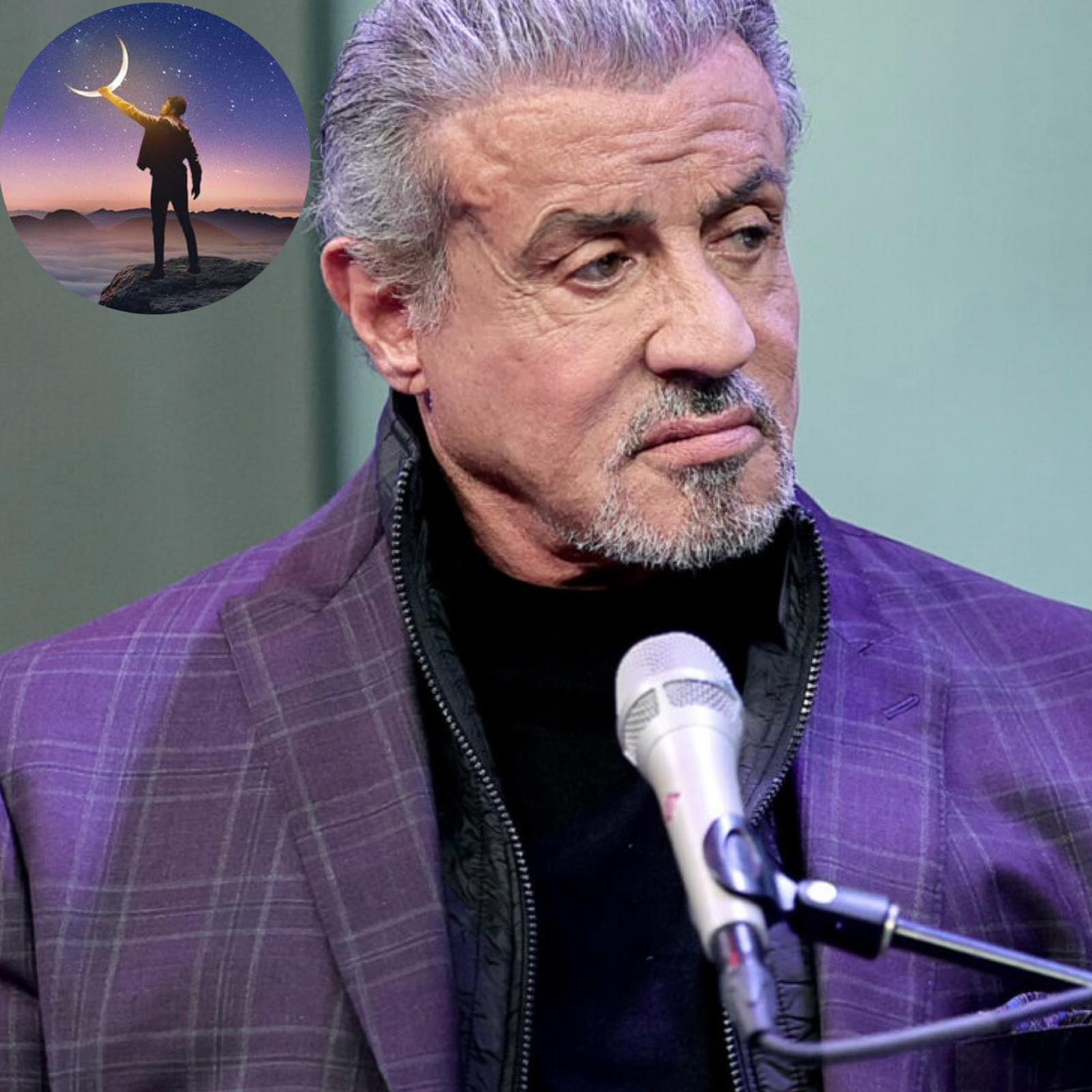In a surprising and bold move, Hollywood icon Sylvester Stallone has declined a substantial $6 million deal with sports apparel giant Nike. The renowned star, celebrated for his roles in blockbuster franchises like “Rocky” and “Rambo,” made waves with his forthright statement, “I’m not saving your ‘woke’ brand,” indicating a firm stance against what he perceives as the company’s political posturing.
Stallone’s refusal of the Nike deal extends beyond a mere business decision; it serves as a cultural statement resonating with ongoing debates surrounding the involvement of corporate America in social and political issues. In recent times, Nike has been at the forefront of incorporating social justice themes into its branding, a strategy that has garnered both acclaim and criticism.
The term ‘woke,’ initially signifying awareness of social injustices, has become a divisive concept, with some viewing it as a necessary progression towards inclusivity and others criticizing it as performative or overreaching. Stallone’s use of the term in rejecting the Nike deal suggests a critique of what he perceives as forced or artificial activism within corporate strategies.
This move by Stallone also underscores the increasing participation of celebrities in socio-political discourse. As public figures, their actions and statements often carry significant weight, influencing public opinion and reflecting broader societal trends. Stallone’s decision to forego a substantial payday with Nike underscores his commitment to his principles, irrespective of the financial implications.
Nike, a brand synonymous with athletic excellence and cultural relevance, has frequently used its platform to make statements on social issues. Their campaigns have featured athletes and public figures who embody or advocate for social change, sometimes leading to controversy. Stallone’s refusal to collaborate with Nike positions him in contrast to other celebrities who have embraced such partnerships.
This incident prompts questions about the delicate balance companies must strike between championing social causes and maintaining broad consumer appeal. While some commend Nike’s approach as bold and progressive, others, like Stallone, perceive it as a deviation from the brand’s core focus on sports and athleticism.
For fans of Sylvester Stallone, this decision may reinforce the rugged, independent persona he has cultivated throughout his career. It also signals a growing trend of celebrities openly challenging the status quo and expressing their views on the intersection of business and social issues.
As news of Stallone’s rejection spreads, it is likely to ignite discussions about the role of celebrities in political and social debates, the responsibilities of corporations in these discourses, and the evolving definitions of ‘woke’ culture in the commercial realm. Stallone’s stance reflects a broader societal conversation about authenticity, corporate activism, and the role of personal values in public and professional decisions.
The impact of Stallone’s decision on his career and public perception remains to be seen, as does the response from Nike and its consumer base. What is clear, however, is that this incident is more than just a contractual disagreement—it’s a reflection of the complex interplay between celebrity influence, corporate branding, and social consciousness in contemporary society.


